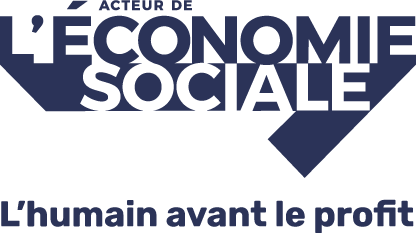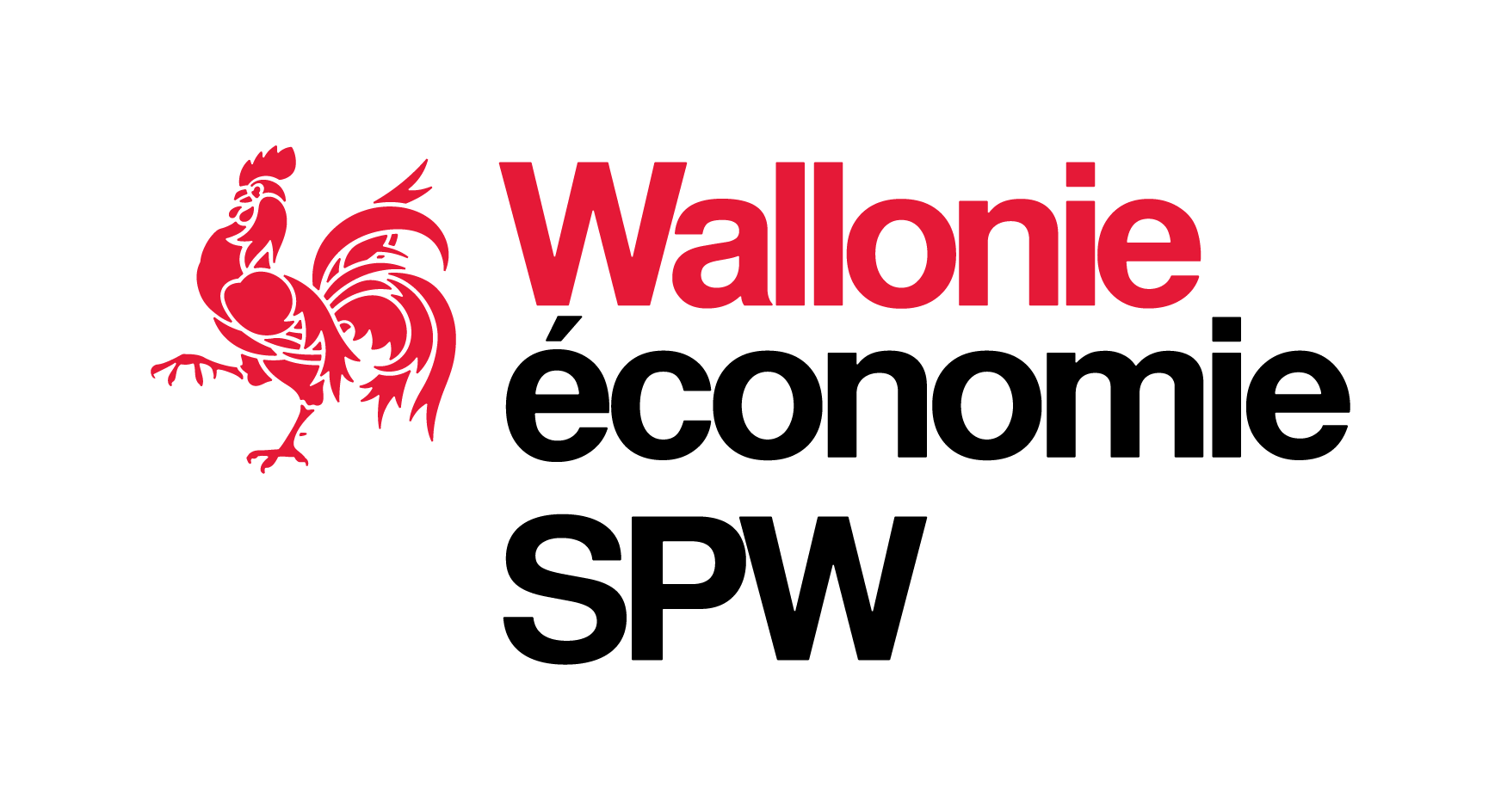Social economy initiative
Does your business project have a social purpose? Would you like to help low-skilled workers find jobs? If so, request recognition as a "social economy initiative". This recognition will give you access to specific support measures.

What is social economy initiative recognition?
Social economy initiative recognition aims to support the implementation of projects with a social purpose and the socio-professional integration of low-skilled workers.
What does social economy initiative recognition entitle you to?
Recognition as a "Social Economy Initiative" means that you can hire SINE workers and receive the increased subsidy provided under Art. 60§7. These two schemes are managed by other Walloon organisations. Take a look at the information available on their website to find out more. PLEASE NOTE: we issue the certificates that entitle you to these two schemes.
More information on SINE workers
Request my SINE employer certificate
More information on Art.60§7 workers with increased subsidies
Request my "social economy" employer certificate
How long is the recognition valid for?
Social economy initiative recognition is valid for two years, renewable for four years and then indefinitely.
What are social economy initiatives?
Discover our complete list of social economy initiatives
Inspection: are you compliant ?
Inspections can be carried out at any time in the field. Their aim is to check compliance with current regulations, licensing requirements and the conditions for granting any financial aid provided by the Walloon Region and/or co-financed by European funds. These inspections aim to encourage compliance with the rules and sanction irregularities, fraud and certain forms of operation.
Inspections can be triggered in a number of situations: on the initiative of the authorities, following a complaint or report, or at the request of the Labour Prosecutor the King's Public Prosecutor.
The inspectors in charge of inspections have several powers, including conducting investigations, drawing up Pro Justitia, entering workplaces or, with authorisation, inhabited areas, checking identities, searching for, examining and copying data media, making image-based observations, conducting hearings, and seizing and sealing goods.
They can carry out these inspections unannounced, or announce them in advance. It is therefore important to always be ready to ensure that an inspection can run smoothly.
Legal framework: The work of the Inspection Services is governed by the Decree on Economic, Employment and Research Inspection, and the Decree on Vocational Training and Retraining.
How to prepare for an inspection ?
You can be inspected at any time, whether announced or unannounced. To be ready for an inspection with peace of mind, it is essential that you comply with the legislation governing your business.
The best course of action, even before an inspection is carried out, is to keep the documents proving compliance with the regulations governing your activities (licences, cards, certifications, etc.) close at hand. Inspections are based on tangible evidence, not mere declarations. It is therefore important to provide the inspector with all the documents and information requested, in full transparency.
Collaboration is essential for effective, constructive inspections. Welcome the inspector and provide give them the help they need to accomplish their mission.
What to do after the inspection ?
If the inspection went well, congratulations! Keep up the momentum to maintain your compliance. However, if you have failed to take the necessary steps, or neglected certain legal obligations, you may be subject to sanctions. Inspections may reveal irregularities or infringements, varying in seriousness from minor irregularities due to ignorance of the law to outright fraud.
Depending on the situation, the risks involved are:
- a simple warning, with the obligation to put things right,
- a proposal to withdraw or recover all or part of the subsidy, approval or authorisation,
- a statement of offences, which may result in penal or administrative sanctions.
These sanctions may have consequences for your business. It is therefore important to regularise your situation as soon as possible to avoid facing this problem.
Any questions? Any concerns?
Directorate of the Social Economy
"Social Economy Initiative" Service
Are you looking for other solutions for your project?

Receive personalised advice and quickly find the answers to your questions. Find the help you need on 1890.be.
Discover other solutionsOther state aid

Innovation, training, exports, consultancy... Take a look at all the state aid available to Walloon companies.
To the Midas databaseThe social economy portal

News, training, job offers, directory, support and financing solutions... Browse the essentials of the social economy, whether you're a project leader, entrepreneur or citizen.
Go to site
